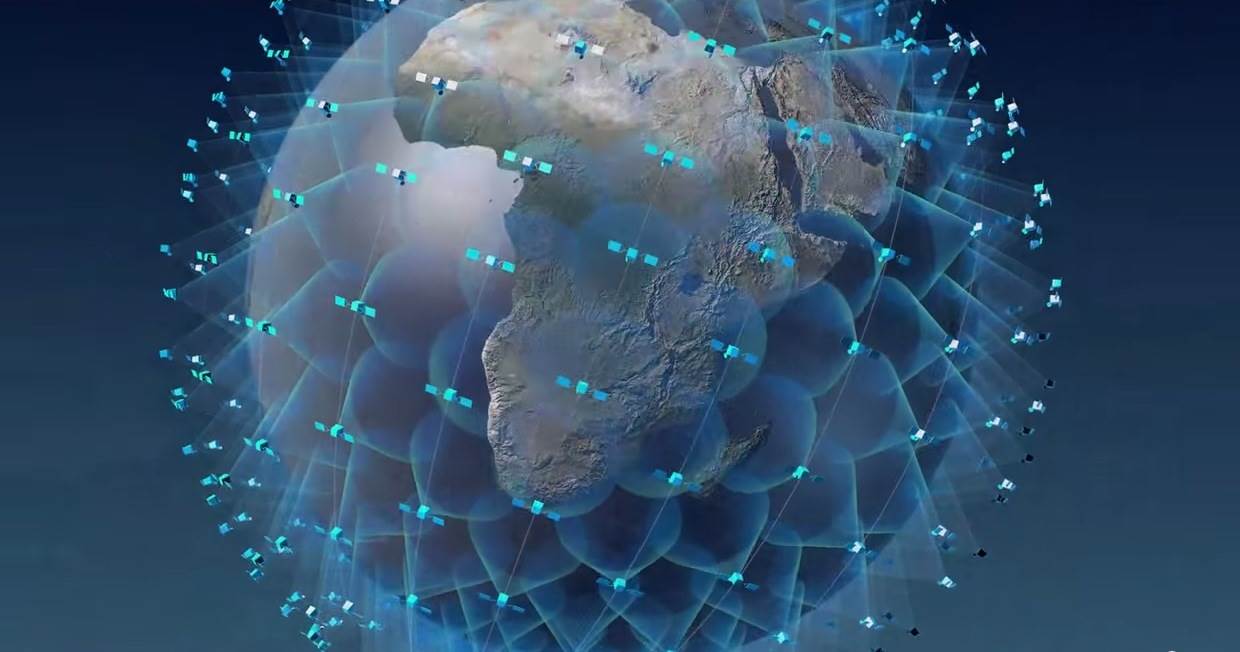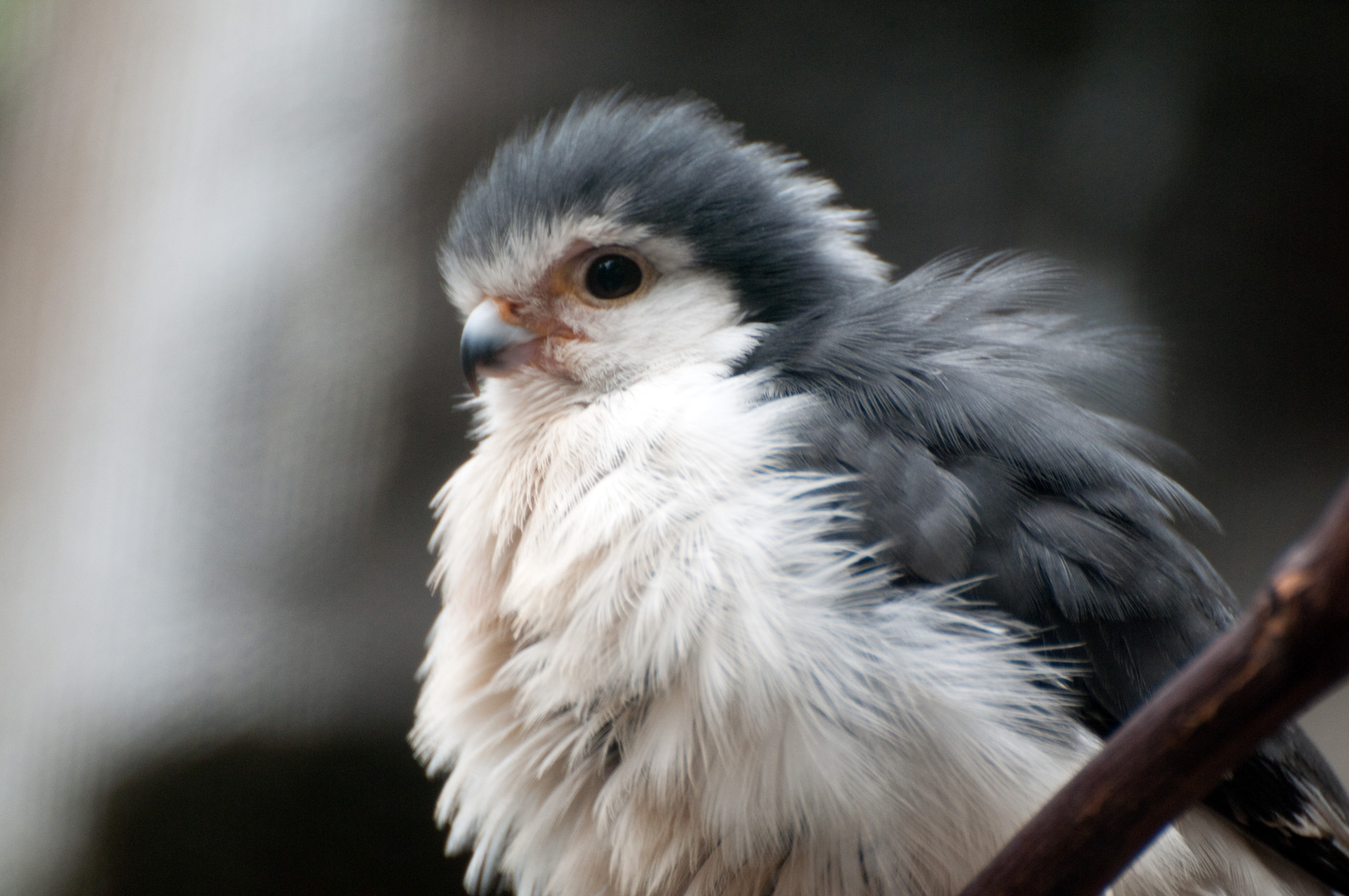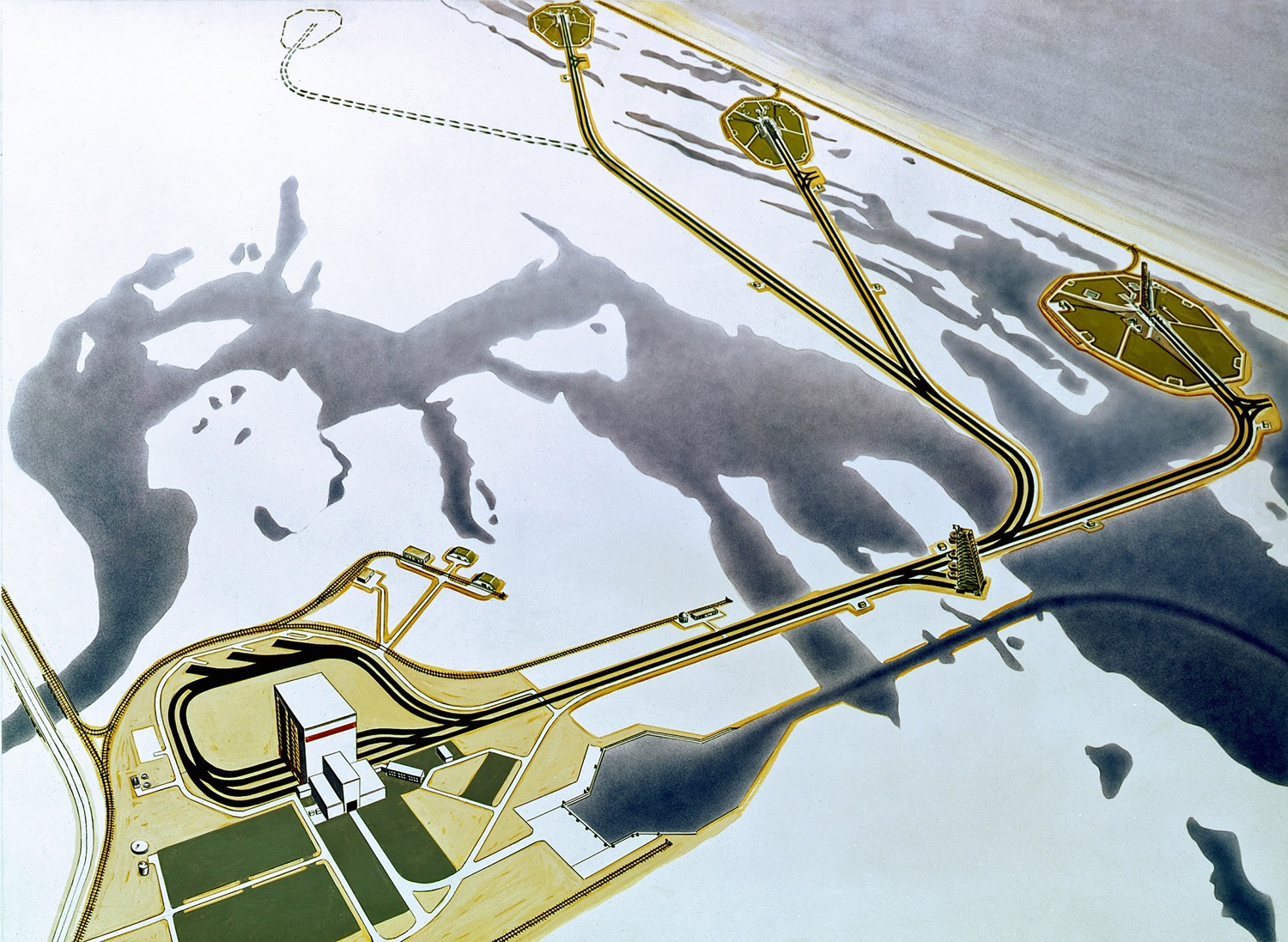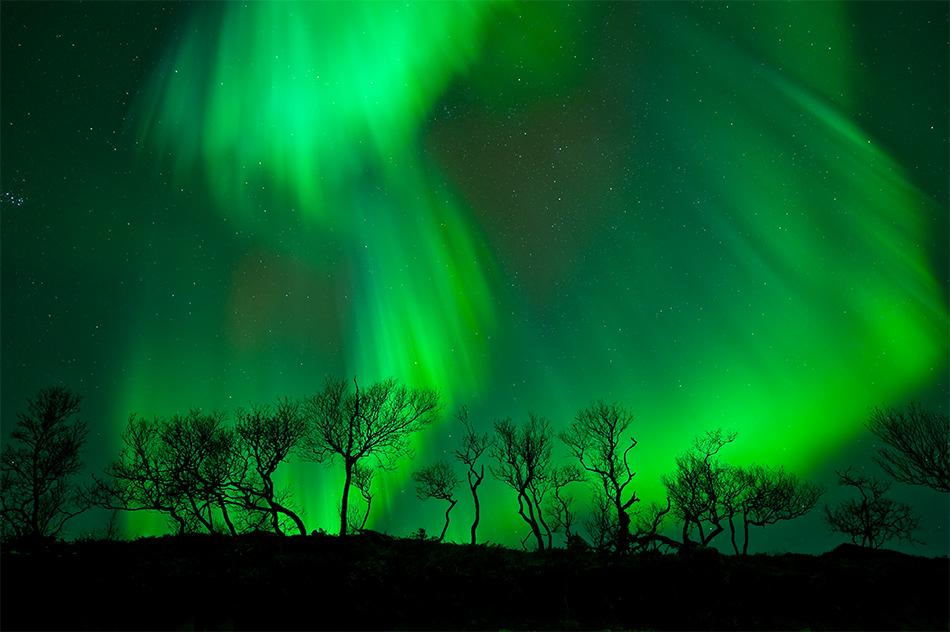
As a first in this venture of ours to help prospective space students make the best decisions about their future in the space industry, we bring to you European master’s courses, offered under European Commission’s Erasmus+ programme, that we’re sure will not only satisfy your thirst for space-tech knowledge, but also take you places, both literally and figuratively.
We begin with Erasmus+ Joint European Master in Space Science and Technology, or more conveniently (and definitely cooler), SpaceMaster. A two-year dual degree course, SpaceMaster is offered jointly by a consortium of six universities. You begin the first semester in the lush vineyards of Franconia, at the Julius-Maximillian Universität Würzburg (JMUW). With courses on various spacecraft sub-systems, control theory, and the opportunity to develop your own CanSat prototype, you get an overview of what satellite technology is all about, and how it is that we have been sending machines into orbit, keeping them alive, and having meaningful (yes, very deep) conversations with them for over half a century now.
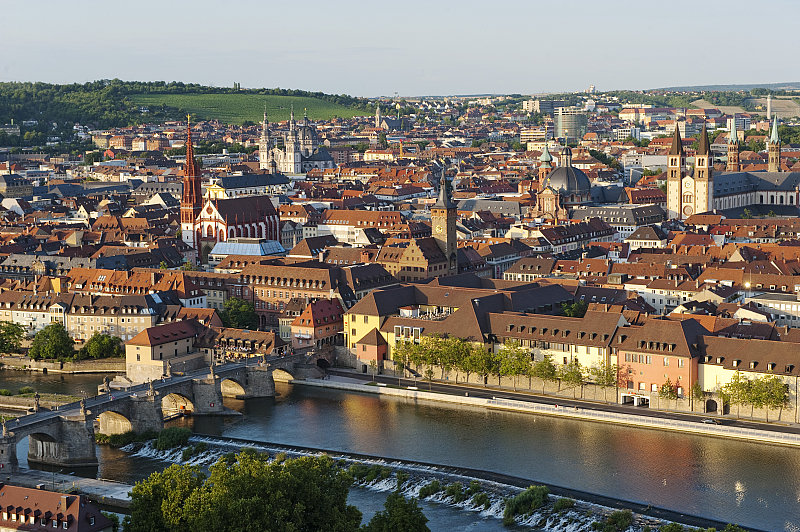
The city of Würzburg [1]
Enter second semester, in the middle of winter, you head north into the arctic. At Luleå University of technology (LTU), Kiruna, in the wintry nights under the misty aura of the Aurora, you learn about the physics behind this gorgeous phenomenon, among many others. You also have in-depth courses about the electronics, optics and all kinds of signal processing necessary to have the two-way communication with satellites we talked about earlier.

The Space Campus, Kiruna [2]
One year and sixty credits after you begin the course, you get to choose further “tracks”, depending on your interests. Two science tracks, offered both at LTU and at University Paul Sabatier Toulouse III (UPS), delve deeper into space physics, with courses on plasma, planetary geology and atmospheric sciences. The 6 engineering tracks vary widely. At Cranfield University you study satellite structural dynamics and control. At Aalto University, Czech Technical University and JMUW, the courses focus on automation and space robotics while at UPS and LTU, it is specific space instruments and their functioning that you learn about. To sum it all up and finish your degree with a flourish, you choose your master’s thesis topic, and destination, which could be a company, a university or even a research institute. Two third-country universities which offer thesis positions as a part of this programme are Utah State University, and the University of Tokyo.
If all of this does not fit your bill, and space physics is more your cup of tea, there’s another programme called Astromundus, an Erasmus Mumdus Master’s course in Astronomy and Astrophysics. Not unlike SpaceMaster, the programme is a 2-year, 4-semester course beginning with all students at one university-- in this case, University of Innsbruck, and ending with a master’s thesis at either of the consortium universities.
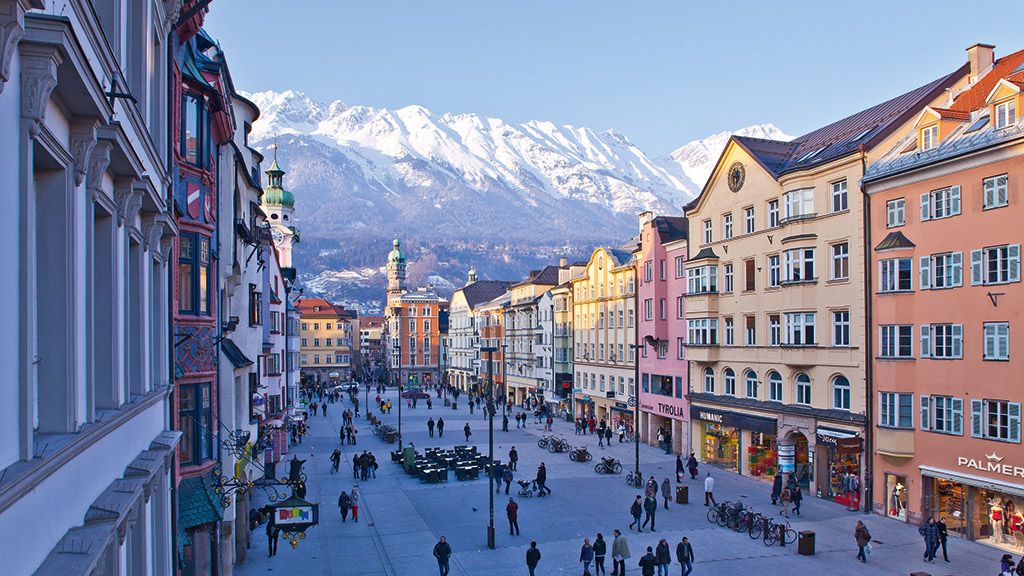
The city of Innsbruck [3]
The students will have courses on galactic astrophysics, planetology, cosmology and the likes. The mobility path in this course, however, can be chosen right from the second semester. The partner universities are Universität Göttingen, University of Padova, University of Rome “Tor Vergata”, and University of Belgrade (partner third-country university). So if you fancy travelling through the lap of the Austrian Alps to the ancient ruins of Rome, while studying about solar flares and galactic evolution, this course might be “the one” for you.
Both of these courses are funded by the European Commission, and a fixed number of scholarships are available for both EU and non-EU students. For students awarded the scholarships, the tuition fee is wavered. The programmes aim at combining the expertise of different countries in a field as advanced as space technology. The students have the opportunity to adjust in vastly different cultures and integrate themselves with the environment around to get the maximum out of the experience, for their career, as well as personal growth.
We hope this small introduction to a wide variety of courses available to space students will be of help to our readers. Suggestions to cover specific programs are welcome. Get in touch with us, at radar@spaceboard.eu, to let us know what you would like to know about.
[2] http://d20tdhwx2i89n1.cloudfront.net/image/upload/t_next_gen_article_large_767/pfsd3v5qew9ybb0yrw2t.jpg
[3] http://foto.images-tiscover.com/fotos/0/3/1024/576/80/FFFFFF/http%3A%2F%2Ffoto-origin.images-tiscover.com%2Fat%2Fimages%2FRGN%2F497%2FRGN497at%2Finnsbruck-tirol-202mo.jpg/3VxQ6sbhcgJaIWeo62je8A%3D%3D/z/7/innsbruck-tirol-202mo.jpg
Cover Image: http://powerfulstorms.com/wp-content/uploads/2012/01/aurora-71.jpg






